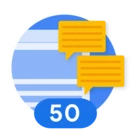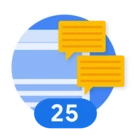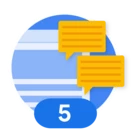We sometimes face the challenge that the output of an action is intended to be displayed to the analyst (such as a Splunk search result in the form of a table), but doing that via an insight is limited by the rather small height of insights.
Is there a way to provide a downloadable file (preferably csv or json) to the analyst which we e.g. create via TemplateEngine and store either in the case or in the filesystem?
Output of an action intended to be displayed to the analyst
 +6
+6Enter your E-mail address. We'll send you an e-mail with instructions to reset your password.


